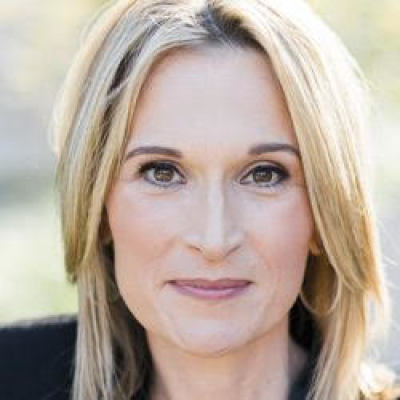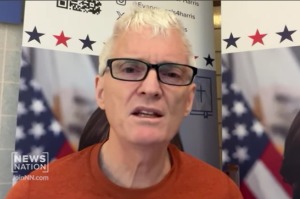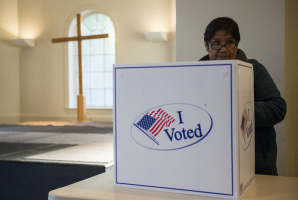I Will Be 214 the Day Women Achieve Income Equality

Two hundred fourteen: That's how old I would be the day women across the world finally achieve income equality.
According to the World Economic Forum, we are 169 years away from the day the global economic gender gap is projected to close. The Swiss foundation even designed a calculator to determine how old you would be by the time this happens. Select your gender and country and date of birth, and not only will you see your projected age for that date, but also your country's current information, by gender, on annual income, healthy life expectancy, the rates of labor force participation, and the percentage of literacy achievement.
The fight to achieve income parity is a worthy cause, in which I, as a woman, am invested. Yet in working with women across the globe, I have found that equality is more than a pay raise or even voting rights. I've traveled to dozens of countries where women are afforded the same constitutional rights as men, yet are still suffering inequality, discrimination, and violence.
Take Thailand for example, where women gained suffrage in 1932 and where the gender wage gap is even smaller than in America.
In terms of health, education, and economic achievement, Thailand is one of the leading nations in the world. The Southeast Asian paradise nation was the first country on the continent to be validated by the World Health Organization (WHO) as having eliminated mother-to-child transmissions of HIV and syphilis. Thai women also have the world's fifth highest attainment of PhDs.
Yet, for all these achievements, a long history of sexual violence and objectification has helped maintain and promote a lucrative sex industry that oppresses tens of thousands of Thai women and girls. I was there this past January. I walked the streets of Pattaya's red-light district and listened to stories of women whose existence has been reduced to the meager price of sexual pleasure. I even met a young woman named Gloria, who was sold by her own family to a man who raped and abused her ... and kept her caged like an animal for years.
This type of sexual violence is not isolated to a few countries or regions of the world, either. WHO estimates that one-in-three women worldwide have suffered physical and/or sexual violence. And more shocking still, the U.N. reports, "two thirds of victims of intimate partner/family related homicides are women."
Violence against women happens in numerous countries where legislation exists to protect and empower them. Yet cultural customs and views often demean women. I believe achieving gender equality is ultimately a matter of recognizing women's intrinsic value.
Both men and, yes, women themselves, must recognize that every female child born on Earth is not only endowed with inalienable rights and freedoms, but also is unique and has incredible potential. Women deserve to be protected and empowered; but they also need to be seen for who they are and for who they can become. Sonu's story is an example of what can happen when women are empowered.
Sonu's mother was a sex worker. She abused Sonu and frequently brought clients into their home to expose and groom her for the industry. But Sonu's father, a truck driver, wanted more for her. He valued his daughter and wanted her to get an education — something most girls in their rural Indian village never have the chance to do. After a fierce fight over her future, Sonu's father encouraged her to find a new life and pursue an education.
Sonu has been living at one of our safe homes for two years now. She loves studying science, her favorite subject, and she wants to become a police officer, no doubt to protect and defend other little girls living in her community and to fulfill her dad's dream and make him proud.
At World Help, we believe that girls like Sonu can grow up to become pillars of families and communities across the world. This is why we work to help them discover their incredible worth and potential. Because when women have opportunities to succeed, they make the world a better place.
On this International Women's Day, I'm thinking of Sonu, and the impact she will soon have on those around her.




























